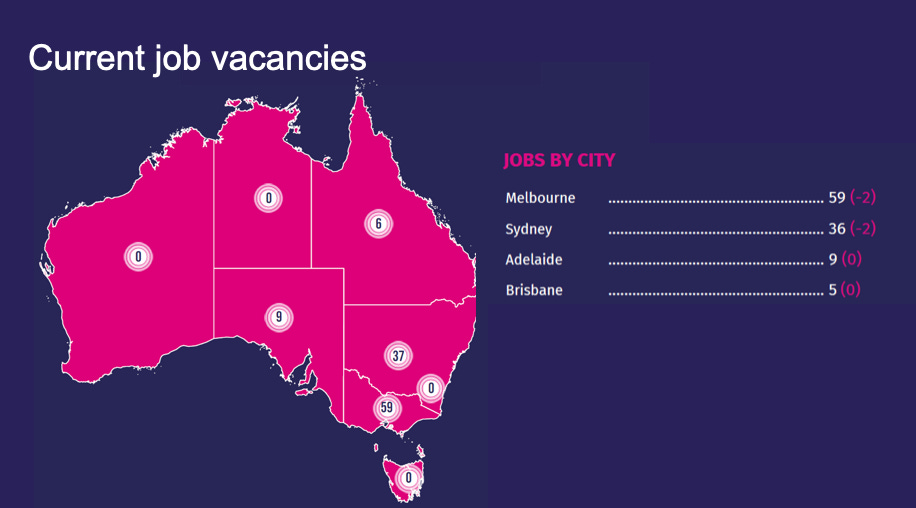Can game job ad data foreshadow major release delays?
Surfacing the utility one of the gaming industry’s most under-utilised datasets.

The global video game industry is surprisingly flush with data. There are charts that measure the hype of games on Steam, monthly trackers of most-played games, and financial reports and sales — whenever they leak — from the major gaming companies.
It’s not all serious stats either. Last year Larian Studios, the makers of Baldur's Gate 3, announced that players spent a grand combined total of 88 years in its character creator on the game's opening weekend and then proceeded to lambast them for spending so much time making dull generic fantasy avatars.
So in an industry attuned to figures, how hard is it to gain recognition for just one more set of numbers? That question is at the heart of Colin Macdonald's work at Games Job Live, an arguably under-utilised dataset that tracks job vacancies in the game development industry.
In economics, job vacancy data is used to measure the s…
Keep reading with a 7-day free trial
Subscribe to Infinite Lives to keep reading this post and get 7 days of free access to the full post archives.

